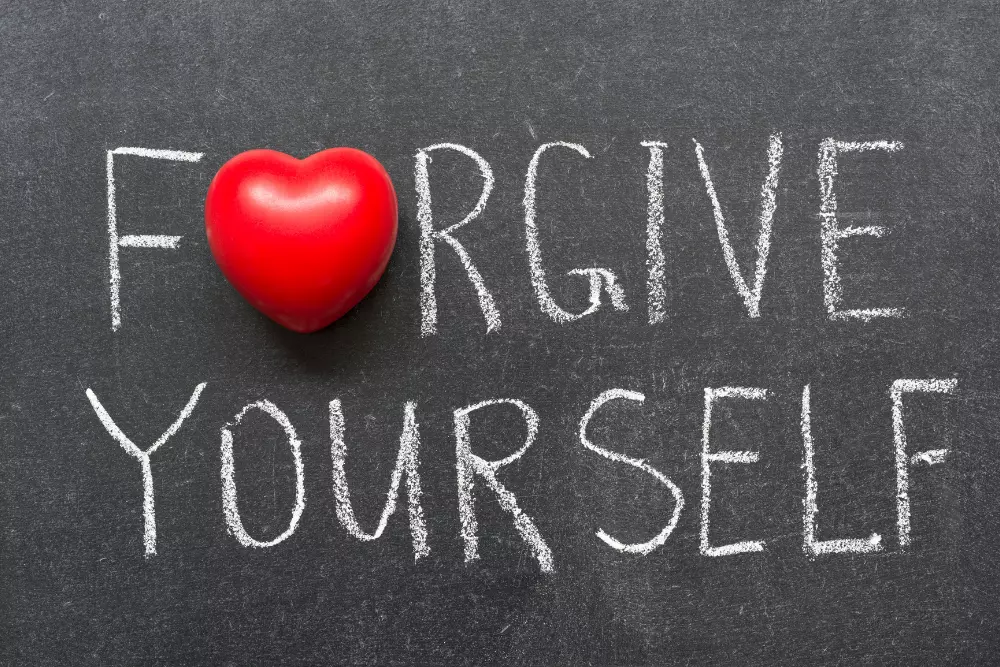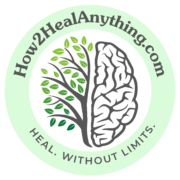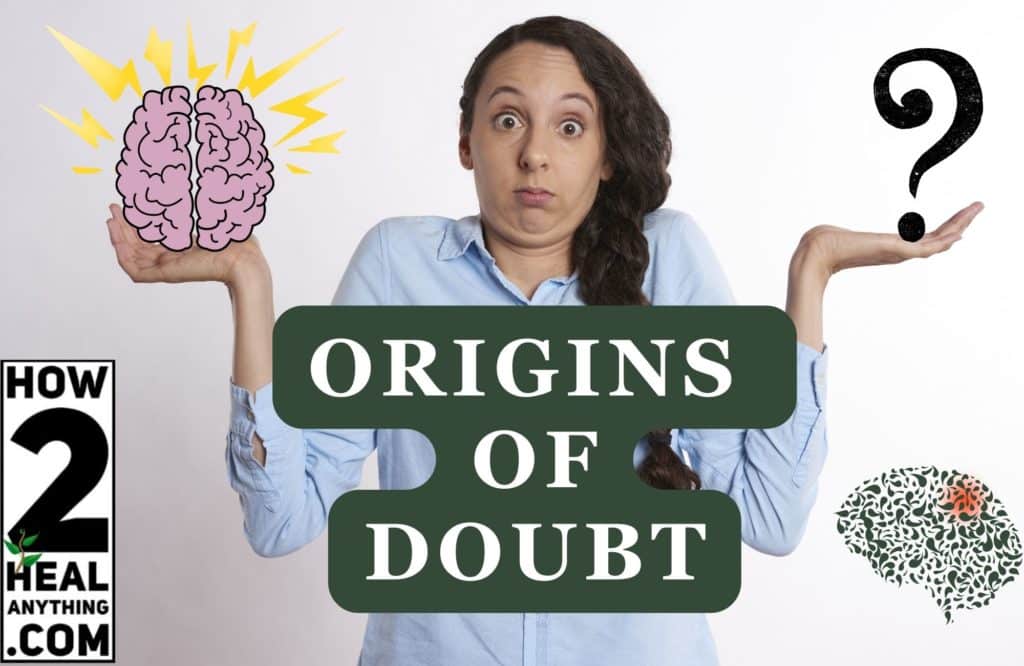Origins of Doubt
Liberating Yourself from the Pathology of Self-Judgment
We’re going to take a decidedly transcendent perspective and understanding regarding the nature of doubt. We will in this communication gain a perspective that transcends the distortion that doubt is intrinsic to the psyche and therefore the only recourse is on how well it is managed, conquered, or navigated.
1. Rethinking Doubt: Is It Really Inevitable, or Can We Overcome It?
Most “experts” in various disciplines of living – as well-meaning as may be intended – offer insights on navigating doubt from the (unconscious) distortion that doubt simply is a part of the human condition.
But what if doubt were a matter of either vulnerability to it – or not, as opposed to an inevitability? Doubt appears to plague or inform many aspects of life. Doubt in your decisions, doubt in your health improvement, doubt in relationship considerations, doubt in improving finances, doubt in career acceleration, doubt in healing from trauma, doubt in love matters, doubt that things will turn out beneficially. How do we circumvent our vulnerability to doubt?
Not by ignoring or denying the presence of doubt, but rather, the first order of business in liberating from the experiential distortions that create doubt vulnerability is to understand the context of doubt. For example, to be thoughtful about a matter is not a doubtful consideration; to contemplate elements and being mindful in a matter is prudency – not doubt. Also, to adjust matters as more illuminating information is revealed is not the experience of doubt.
2. Transcending Doubt: Breaking Free from a Worrysome and Sabotaging Dynamic
Doubt as a worrisome, distracting, interfering and sabotaging dynamic is the issue that we’re examining. This kind of doubt, plaguing individuals to varying degrees – from, habitual second-guessing of decisions to paralyzing self-doubt informing almost every thought – this kind of doubtful stress – and the vulnerability to it, can be transcended.
Doubt establishes its roots in self-judgment. When we doubt ourselves in general, we will doubt our decisions, experiences, possibilities – and those we encounter. 
Then, when we begin to encounter experiences that disappoint – we develop a guarded trust that devolves into mistrust. As disappointment begins to erode our trust in ourselves the fertile ground for doubt is set.
Instead of our innate trust being empowered it begins to atrophy; to weaken – and the primary symptoms of weakened self-trust are doubt and guilt. Weakened self-trust plays itself out as perceptions of unworthiness, low self-esteem, paralyzing insecurity (perhaps masked by facades of bravado and confidence) and heighten self-judgment.
As chronic self-judgment settles in, second-guessing oneself through doubt can become a way of life. There is a remedy to this insidious dis-ease of doubt, however, that anyone can employ in any moment. It is a reset that realigns perception and perspective on behalf of revitalized, potent, innate trust.
3. Healing Through Therapeutic Forgiveness: The Potent Power of Self-Forgiveness
The remedy is what I term, “therapeutic forgiveness.” Therapeutic forgiveness, unlike religious forgiveness (what if a religious context is not a point of reference or positive association for you?), or what if forgiveness is viewed as a trite, meaningless rhetorical flourish? So then, what exactly is therapeutic forgiveness?
Quite simply, therapeutic forgiveness is a resetting recourse that strips the baggage of those forgiveness narratives, the guilt and mistrust from pure 
The reason forgiveness of a person or situation is difficult or resisted is not because something is deemed unforgiveable – it is because the psyche has no reference point of forgiveness that self-forgiveness would enable. Just what are you forgiving in yourself? The perceptions the brain has absorbed that has conditioned it to toxically judge the self – the root of all suffering. There is no suffering without judgment as its enabler. (Now there’s a T-shirt message for you! 😉
Therapeutic forgiveness releases the guilt our suffering imposes. The guilt from doing this, the guilt from doing that, the guilt from not doing this or that. And here is the secret to authentically employing self-forgiveness: break the word down into a logical invitation. To wit, “what am I ‘for giving’ myself release of?” Surely you are ‘for’ giving yourself freedom from lack of any sort (you can be specific – lack of financial increase, lack of intimate love, lack of esteem, lack of health and vitality, lack of confidence, etc.)
4. The Antidote to Doubt: The Liberating Power of Self-Trust
This invitation turns the act of forgiveness into a pragmatic engagement (what am I ‘for’ giving myself release of?) rather than superficial rhetoric. Real traction is gained in self-forgiveness. This traction is then leveraged into a growing self-appreciation (not narcissism) of one’s intrinsic value.
This availability to essential value – that is neither sanctioned by another, nor can be revoked by another’s perception, provides solid psychologically ground that doubt cannot borough into to erode confidence. Confidence is not based on a personality characteristic, confidence reigns from self-trust – not arrogance – but trust.
So, the antidote to doubt of any kind or degree? Freedom to trust. Not blind trust but a licensed trust from the therapeutic forgiveness that resets capacity to trust. This licensed trust compels what is trustworthy. Replace doubt with your liberated capacity to trust yourself, compelling what is trustworthy.
Doubt is not inevitable it is replaceable. Replace doubt with liberated trust.
Summary
Doubt is not intrinsic to the human psyche but rather a result of weakened self-trust caused by self-judgment and experiences of disappointment. The solution to this issue is therapeutic forgiveness, which involves forgiving oneself for perceived shortcomings and releasing guilt. By doing so, one can regain self-trust and confidence, which are essential in combating doubt and making trustworthy decisions.



1 thought on “Origins Of Doubt”
Can I simply just say what a relief to uncover someone that truly understands what theyre talking about online. You certainly realize how to bring a problem to light and make it important. A lot more people have to check this out and understand this side of your story. I was surprised you arent more popular given that you definitely have the gift.